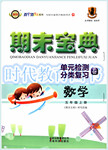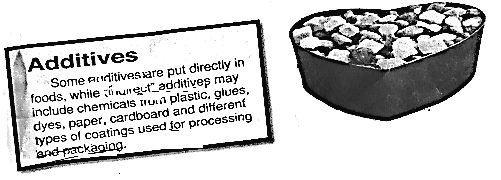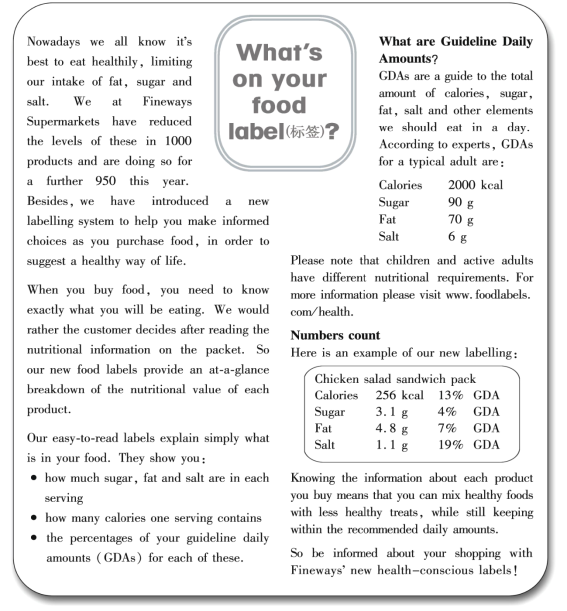题目内容
【题目】Directions:After reading the passage below, fill in each blank with a proper word given in the box. Each word can only be used once. Note that there is one word more than you need.

When was the last time that you dialed a phone number from memory? It probably depends on how long you’ve been using 【1】 like a cellphone. While some generations can recall the days of memorizing phone numbers, it’s possible that members of Generation Z have never had to remember a single 【2】. Why is this? Because smartphones offer quick and convenient ways for storing and 【3】 information. There is no need to memorize anything. But this isn’t without consequence. As digital devices develop, more and more users’ heavy reliance on them may be having disabling effects.“Digital dementia(失智)”is the term being used by medical professionals to identify some of these effects.
Some professionals like Jim Kwik, an expert in memory improvement and optimal brain performance, are taking a closer look at this effect. Kwik describes digital dementia like this:“...we’re 【4】 our brains to our smart devices. We’re so reliant on our smartphones that our smartphones are making us stupid. As medical studies chart the decline in memory and cognitive skills among smartphone users, a connection is made between symptoms 【5】 with dementia.”
The seriousness of overuse becomes 【6】 when you consider just how young smartphone users are becoming. Author and speaker Simon Sinek points out that young minds“Are not ready for it! Their minds cannot cope with the dopamine(多巴胺).”Consequently, the overstimulation of screens and sounds lead to 【7】 more often than not. So now parents, teachers and managers are asking how to handle the influx(汇集)of young people with this kind of addiction.
First, monitor your cellphone use. Keep downloading applications like Forest or Checky. Then cut back on any 【8】 usage. Set a specific goal of how much you think you should use your phone.
Determine 【9】 areas for cellphone use. For example, while you’re at home, only allow yourself to check your phone somewhere like a home office. This way, the time in between tasks isn’t 【10】 filled with staring at your screen.
【答案】
【1】D
【2】F
【3】A
【4】K
【5】I
【6】C
【7】H
【8】B
【9】E
【10】J
【解析】
这是一篇说明文。现代人过度地依赖手机,这种做法会产生一些坏的影响,例如:失智。文章对这种影响的背后原因进行了分析,并且提出了一些建议,帮助人们克服手机上瘾这种现象。
【1】句意:这可能取决于你使用了多长时间的科技,比如手机。后面的like a cellphone是对该空的一个举例,根据常识知道,a cellphone属于科技,故D选项正确。
【2】句意:虽然有几代人可以回忆起记电话号码的日子,但z代的成员可能从来没有特别去记一个电话号码。根据句意,该空应填particularly,意为“尤其地,特别地”,故选F。
【3】句意:因为智能手机提供了快速方便的存储和评估信息的方法。该空和storing并列,结合句意,应填assessing,assess意为“评估”。故A选项正确。
【4】句意:我们正在为我们的智能设备贡献我们的大脑。结合句意,该空应填contributing,contribute意为“贡献”,故选K。
【5】句意:当医学研究显示智能手机使用者的记忆力和认知能力下降时,与痴呆症相关的症状之间就产生了某种联系。be associated with意为“与……相关”,该空作symptoms的定语,故填associated,I选项正确。
【6】句意:当你考虑到智能手机用户是多么年轻的时候,过度使用的严重性就变得显而易见了。根据句意,该空应填apparent,意为“明显的”,故C选项正确。
【7】句意:因此,屏幕和声音的过度刺激往往导致成瘾。根据句意,该空应填addiction,意为“上瘾,成瘾”,H选项正确。
【8】句意:削减没有必要的使用。根据该段标题“monitor your cellphone use”可知,该处应该指减少手机的使用,故应填nonessential,意为“没有必要的”,B选项正确。
【9】句意:确定指定区域使用手机。根据后面的for example…somewhere like a home office可知,作者建议要在特定区域使用手机。故填assigned,意为“分配的,指定的”。E选项正确。
【10】句意:用这种方式,盯着屏幕这种做法就不会自动地填满两项任务之间的时间。即:你不会在两项任务之间自动地去看手机。故该空应填automatically,意为“自动地,无意识地”。J选项正确。

 期末宝典单元检测分类复习卷系列答案
期末宝典单元检测分类复习卷系列答案
